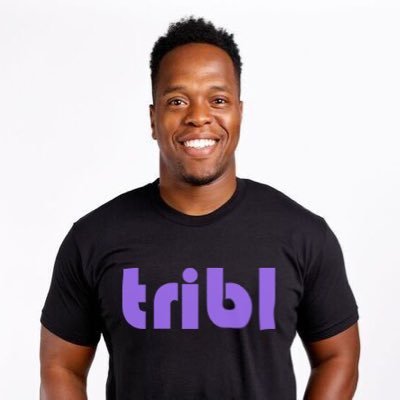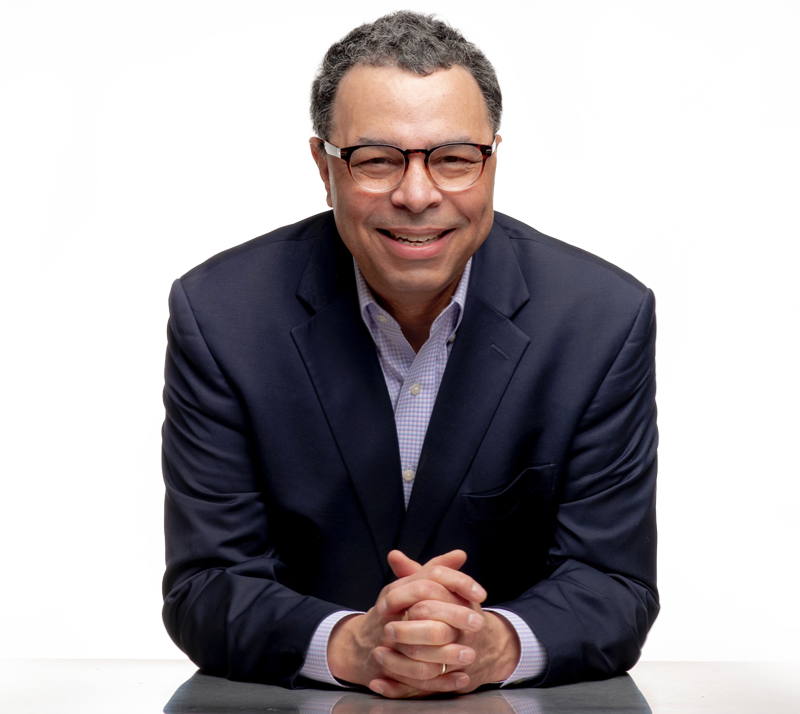ATLANTA, August 6, 2021 – Ikechi Nwabuisi, founder & CEO of TRiBL, today calls for a “New Black Wall Street,” offering a bold vision on how Blacks around the world can create generational wealth by building off some of the many lessons learned 100 years after the famed Tulsa Riots.
New entrepreneur looking to connect communities and create wealth
In this new op-ed, Nwabuisi, a Nigerian-American, is the founder and CEO @ TRiBL, a messaging app for Pan-African commerce, offers his strategies.

Wake up everybody! While it’s a great time for us to celebrate the 100th anniversary of the horrific “Black Wall Street” massacre in the Greenwood neighborhood of Tulsa, we must look forward. I can’t tell you how angry I am that this part of our nation’s history was hidden for so long. More importantly, the seemingly sudden awareness about the success of those brave Black men and women only validates the false narrative that lives in the media on why Black people can’t create wealth, leading us to approach the problem incorrectly.
We must channel our consumer buying power of $1.4 trillion to create the new Black Wall Street. Now is a great opportunity for us to embrace what Tulsa’s Black Wall Street symbolized: Black excellence; the power of community; and, the importance of unity. In the year since the death of George Floyd, we are realizing that we have to fight for social justice, but we also have to do what our predecessors did in Tulsa: They created a blueprint for wealth creation within our community. BankGreenwood.com reports that, a dollar circulates six hours in the Black community, 20 days in the Jewish community and 30 days in the Asian community.
According to a study by the American Journal of Economics and Sociology, “If 1,200 median priced houses in Tulsa were destroyed today, the loss would be around $150 million. The additional loss of other assets, including cash, personal belongings, and commercial property, might bring the total to over $200 million.” What’s maddening is that this demonstrates the level of oppression faced, and the intention to upholding white supremacy.
Despite on-going efforts by the family members of those loved ones lost, they have repeatedly denied their claims for reparations. This gives us greater urgency for us to take control of our own destinies and move from words to actions to understand these three valuable lessons that we can apply today: 1) We must create wealth within the Black community; 2) We must buy black; and, 3) We must create safe spaces/communities where majority of commerce is Black-owned.
The pandemic has only highlighted the tremendous racial wealth gaps in this country. For Blacks, the median annual wage is nearly $10,000 more than White employees, a recent McKinsey study reported. The study goes on to show how Blacks are more likely to get hired in traditionally lower-paying jobs that prevent us from ever gaining the wealth we deserve even though we put in hours to get the jobs done.
The tragedies of the past year have fueled a new energy in buying Black. #BlackWallStreet, #BuyBlack and #BankBlack are trending. WeBuyBlack.com has become one of the largest online marketplaces for Black-owned businesses. The Official Black Wall Street app offers another invaluable tool for Black-owned businesses and consumers. That’s all good, but ultimately, it’s all about ownership and equity. It’s not just about access. It’s about actual ownership of businesses. The ability to create jobs through entrepreneurship and share resources crafted for us, and by us. While information is information, our experiences are unique and require the context and/or experience of people of our ethnic backgrounds.
What the new Black Wall Street needs is a community that combines culture and group economics so we can collectively accumulate wealth. We need commerce where Blacks can spend money and those dollars circulate within the Black community around the world so they can do business with other blacks – seamlessly. We need technology, creating social networks for-us-buy-us and those that allow us to access blockchain. These three elements – community plus commerce plus technology – are the tools for us to accumulate long-term wealth. No, we’re not talking about fast money that we make in a single transaction, but wealth that will stand the test of generations, passed on from one to the next.
In our tech driven society, we are the leaders of the internet. As we gain more education and access to resources and tools, we are able to build businesses and tools. We have more than earned the right to have our own keys to own, build, invest, and grow our communities without waiting on reparations or help from politicians and government agencies who have proven that they do not have our best interests in mind.
The new Black Wall Street empowers us to re-train our community with a community-first mentality that will significantly shift our behavior. Group economics amongst Black people around the world will enable us to take advantage of some of the biggest wealth creation events, which will occur over the next 50-years i.e., emerging market real estate/infrastructure, blockchain, cryptocurrency, etc. With the power of our global community, we have the potential to tap into more than $2.5 trillion in Pan-African commerce.
Now is the time. We have unprecedented access to information, knowledge, and economic power, if we choose to accept it. What Blacks have is the opportunity to take advantage of a global marketplace where commerce is already happening. When we work together to ensure that dollars are circulating between our communities, we will create sustainable wealth for generations to come.
Ikechi Nwabuisi, a Nigerian-American, is the founder and CEO @ TRiBL,a messaging app for Pan-African commerce. Our all-in-one crypto platform uses a Discord meets
CashApp like experience to pool money & streamline commerce within Black
communities across the US, Nigeria, & more. The company has partnered with VISA and crypto firms Circle Internet Financial & Paxos Brokerage Firm to enable interoperable exchange of digital currencies worldwide.




